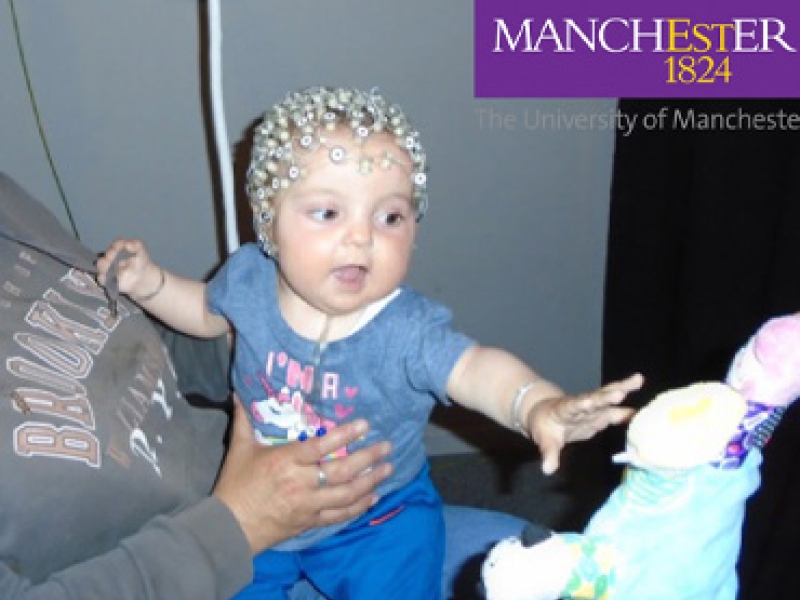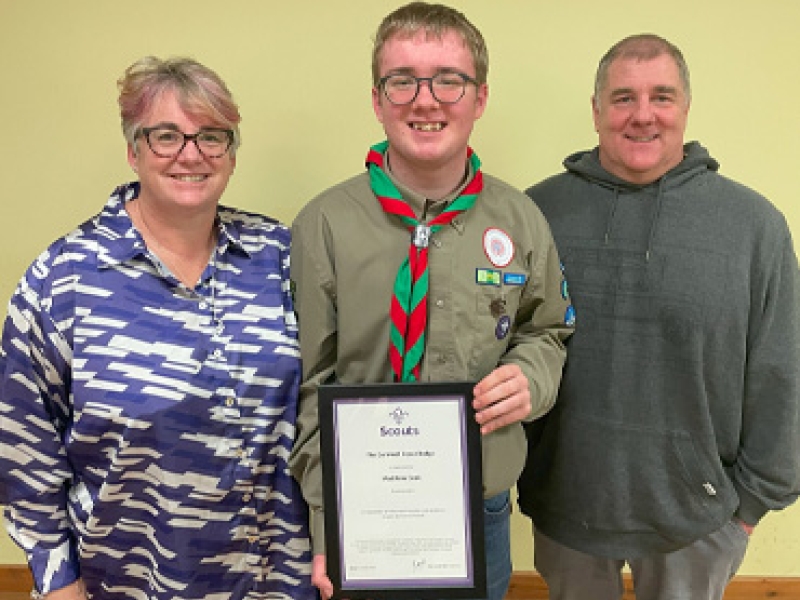Jane Frances
19 November 2019
Jane Frances
Jane Frances is a psychotherapist and was for many years Schools Specialist and Policy Advisor in Education at Changing Faces, UK. She is an expert in the psychology of visible difference.
She tells us of how findings from psychological research can help parents and teachers of children with Neurofibromatosis to better support them.
“I have worked with a lot of children with many conditions including NF, and I’ve found that the responses by other people to visible difference is pretty standard across conditions. The advice I give is based on research. ‘Common sense’, however well-intentioned, can lead to counterproductive interventions.
For example, if a child is staring at a child with a visible difference, the ‘natural’ reaction of the teacher is to say, ‘you mustn’t stare’. The result is that children learn to turn away, and the child with the difference feels even more isolated.
A better response is for the teacher to tell the staring child, ‘if you find yourself staring, smile and say ‘Hello, my name is Jane. What’s your name?’’
It is even more important that parents or the teacher coach the child who has NF to handle other children’s curiosity. The best strategy is for the child with NF to have something to say, like: ‘Don’t mind my lumps and bumps. I’ve got NF. Have you got something interesting about you?’ It is always good to round off with a question and engage – curiosity is the beginning of a relationship.
If the child is shy and nervous, the teacher might need to say, ‘Oh you’ve noticed Timothy’s unusual face. Well that’s the way Timothy’s face is, and did you know Timothy has a pet cat?’
We know from countless studies that it is harder for a child who looks unusual to make and keep friends. This is caused not by an aversion to the unusual face, but by an aversion to the stigma. The key, therefore, is to reduce or eliminate the stigma. The conversational strategies above will help. A curious stare is a door to a conversation and possible relationship.
Teachers’ expectations are also key: they need to hold in their heart really positive hopes for this child’s future. Many studies confirm the ‘Pygmalion Effect’: that lower expectations lead to lower results. Teachers aren’t doing children a favour by going easy on them. The child needs tough, high expectations.
These are just a few tips. You can get more information and resources for tackling issues of face equality and the impact of appearance at changingfaces.org.uk.”
– Jane Frances"The best strategy is for the child with NF to have something to say, like: ‘Don’t mind my lumps and bumps. I’ve got NF. Have you got something interesting about you? "
Filter News
_370x280_800_600_s_c1.jpg)
Jen’s NF1 story
Jen praises the great support received since her NF1 diagnosis, allowing her to thrive & achieve a 1st class degree.
Read More_800_600_s_c1.png)
Charlotte & Evie’s story
'Sticker Queen' Evie is 4 years old and was diagnosed with NF1 after tests for a 'lazy eye'.
Read More_800_600_s_c1.png)
Luke’s Story
Luke had NF1 since childhood. Now an adult, surgery last year has enabled him to play football and do whatever he wants
Read More_800_600_s_c1.png)
Charlotte’s Story
When Charlotte was 6, she was diagnosed with NF1, along with her brother & dad. Now she is on a mission to raise awareness
Read More
Eden P for healthcare professionals
Healthcare professionals, who provide support to expectant parents with NF1 are invited to take part in the Eden P study
Read More_370x280_800_600_s_c1.jpg)
Nicole’s story
Nicole has NF2, she describes the preparations and the absolute joyful experience of the birth of her son Lewis
Read More
CAR Research - exploring family planning decisions
Research Advisors required to help explore what influences decisions about having children and what support would be helpful
Read More
Corporate Fundraising 2024
Find out some of the different ways your company can support Nerve Tumours UK
Read More
Matthew’s story
Matthew, who has NF2 and is a dedicated Scout, has been awarded the prestigious Cornwell Scout Badge
Read More

